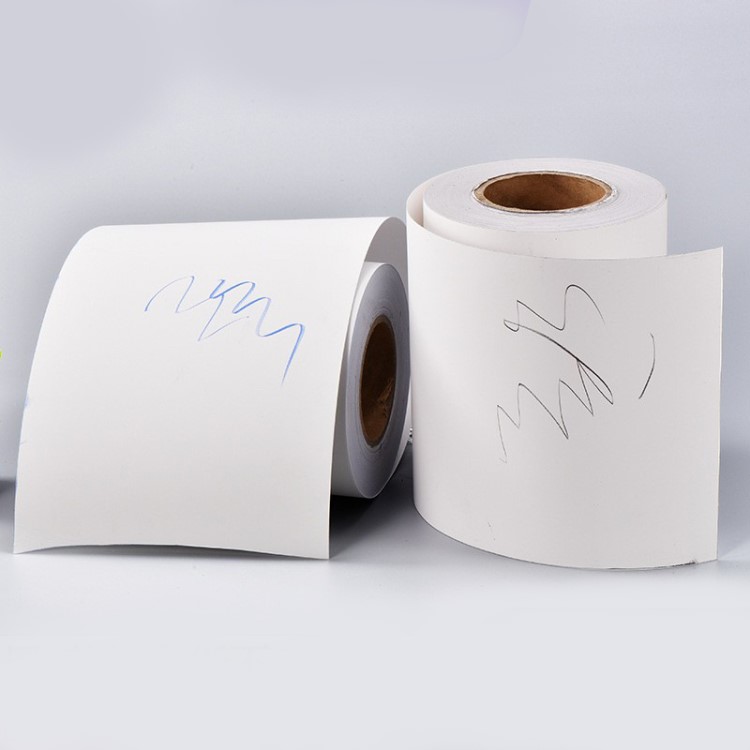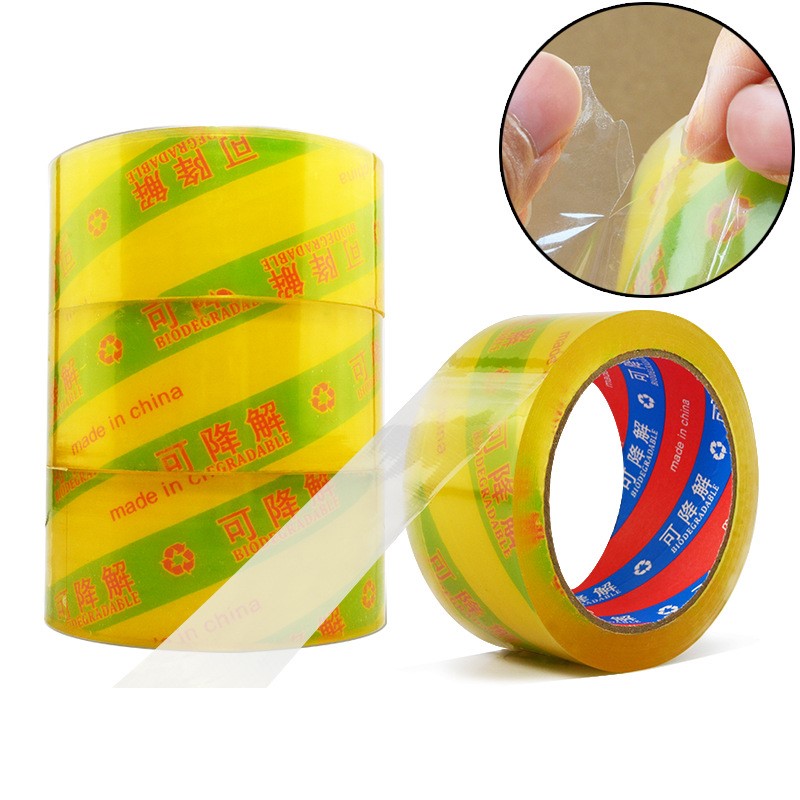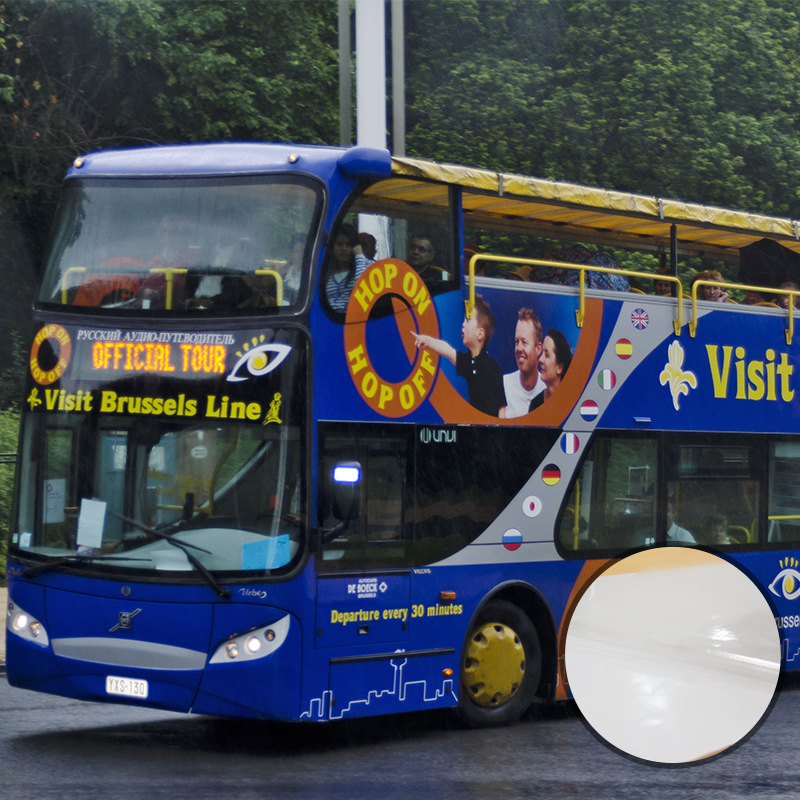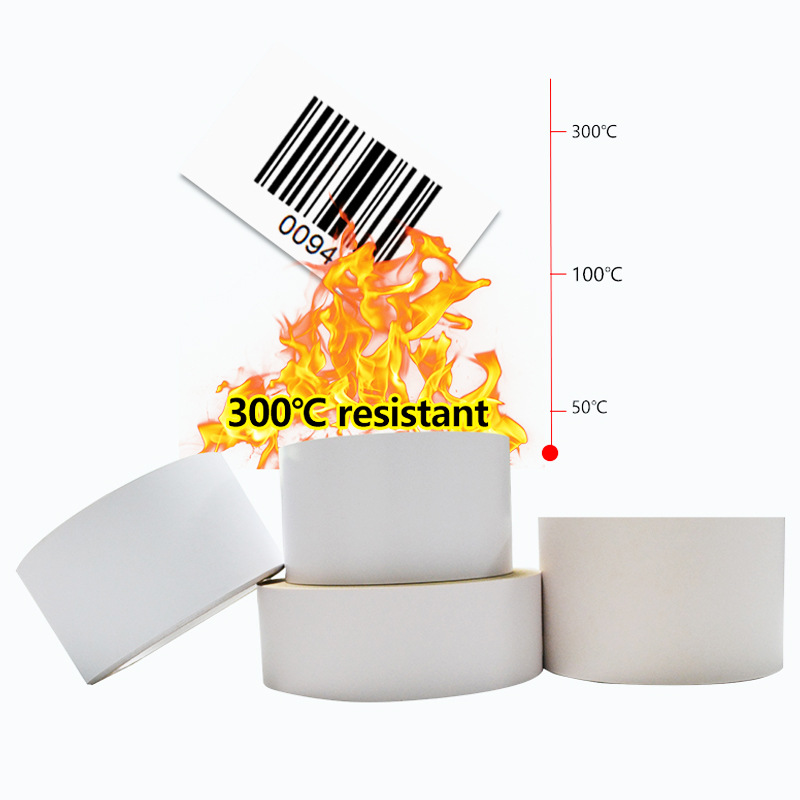The Evolution of Sticker Label Industry: Water-Soluble Labels
In the world of product packaging and branding, labels play a crucial role. They not only provide essential information about the product but also serve as a means of communication between the brand and the consumer. Over the years, the sticker label industry has witnessed remarkable advancements, and one such innovation is the water-soluble label. In this article, we will delve into the intricacies of water-soluble labels, exploring their applications, benefits, and impact on the packaging industry.
1. Introduction to Water-Soluble Labels
Water-soluble labels, as the name suggests, are labels that dissolve in water upon contact. These labels are typically made from materials that are highly soluble in water, such as certain types of paper or films. They are widely used in various industries, including food and beverage, pharmaceuticals, and agriculture.
2. Applications of Water-Soluble Labels
Water-soluble labels find extensive applications across different sectors due to their unique properties. Here are some key areas where these labels are commonly used:
2.1. Food and Beverage Industry
In the food and beverage industry, ensuring the safety and integrity of products is paramount. Water-soluble labels are often used on perishable items, such as fruits and vegetables, to provide important information like expiration dates and barcodes. These labels dissolve when the produce is washed, eliminating the need for manual removal and reducing the risk of contamination.
2.2. Pharmaceuticals
Pharmaceutical companies utilize water-soluble labels for packaging medications and supplements. These labels are ideal for single-dose packaging, as they dissolve instantly when taken with water, eliminating the need to peel or remove the label before consumption.
2.3. Agricultural Sector
In agriculture, water-soluble labels are used to tag and track seeds, fertilizers, and chemicals. This enables farmers to ensure proper usage and reduces the chances of incorrect application, ultimately benefiting crop yield and environmental sustainability.
3. Benefits of Water-Soluble Labels
The adoption of water-soluble labels in various industries comes with a multitude of advantages:
3.1. Sustainability
Water-soluble labels contribute to sustainability efforts by reducing label waste. Since these labels dissolve in water, there is no need for manual removal or additional disposal methods, making them an eco-friendly choice.
3.2. Convenience
Consumers benefit from the convenience of water-soluble labels, especially in the food and pharmaceutical sectors. There is no need to peel off labels, which can be time-consuming and sometimes frustrating. Instead, the label dissolves effortlessly, enhancing user experience.
3.3. Enhanced Product Safety
Water-soluble labels enhance product safety by reducing the risk of label fragments or adhesive residues contaminating the product. This is particularly critical in industries like pharmaceuticals and food, where safety and hygiene are paramount.
4. Manufacturing Process of Water-Soluble Labels
The production of water-soluble labels involves specialized materials and processes. These labels are typically made from water-soluble paper or films. The manufacturing process includes printing the label information using water-soluble inks and applying a water-soluble adhesive to the label's back surface. The labels are then cut to the desired size and shape before being packaged for distribution.
5. Challenges and Considerations
While water-soluble labels offer numerous benefits, there are also challenges to consider:
5.1. Environmental Impact
Although water-soluble labels are eco-friendly in terms of waste reduction, the production of water-soluble materials and inks may have environmental implications. Manufacturers must continue to explore sustainable materials and processes to mitigate these concerns.
5.2. Cost
The production of water-soluble labels can be costlier than traditional label materials. However, the potential for cost savings in terms of labor and disposal can offset this initial expense, making it a viable option for many businesses.
6. Conclusion
Water-soluble labels represent a significant innovation in the sticker label industry, offering sustainability, convenience, and enhanced product safety. These labels have found applications in various sectors, including food, pharmaceuticals, and agriculture. While challenges exist, the benefits of water-soluble labels make them a compelling choice for businesses looking to improve their packaging and labeling processes. As technology continues to advance, we can expect further refinements and innovations in the field of water-soluble labels, shaping the future of packaging and branding.
In summary, water-soluble labels are revolutionizing the way we label products, offering both practicality and sustainability in a rapidly evolving packaging landscape.
We offer comprehensive technical support, including free professional labeling solutions, advice on label materials and adhesive selection, as well as online/offline assistance from professional software and hardware engineers. Service email: andy@ownlikes.cn. In pre-sales, we leverage our extensive experience in specialty labeling projects to provide clients with the most suitable hardware solutions. Additionally, all our label barcode printers and scanners come with a three-year free warranty, demonstrating our confidence in our products.






This site is protected by reCAPTCHA and the Google Privacy Policy and Terms of Service apply.